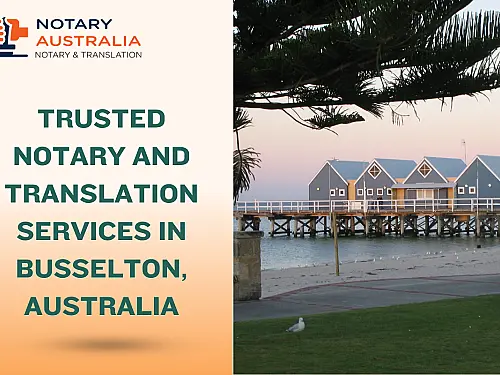



Certified Notary Translation Services for Legal and Official Use
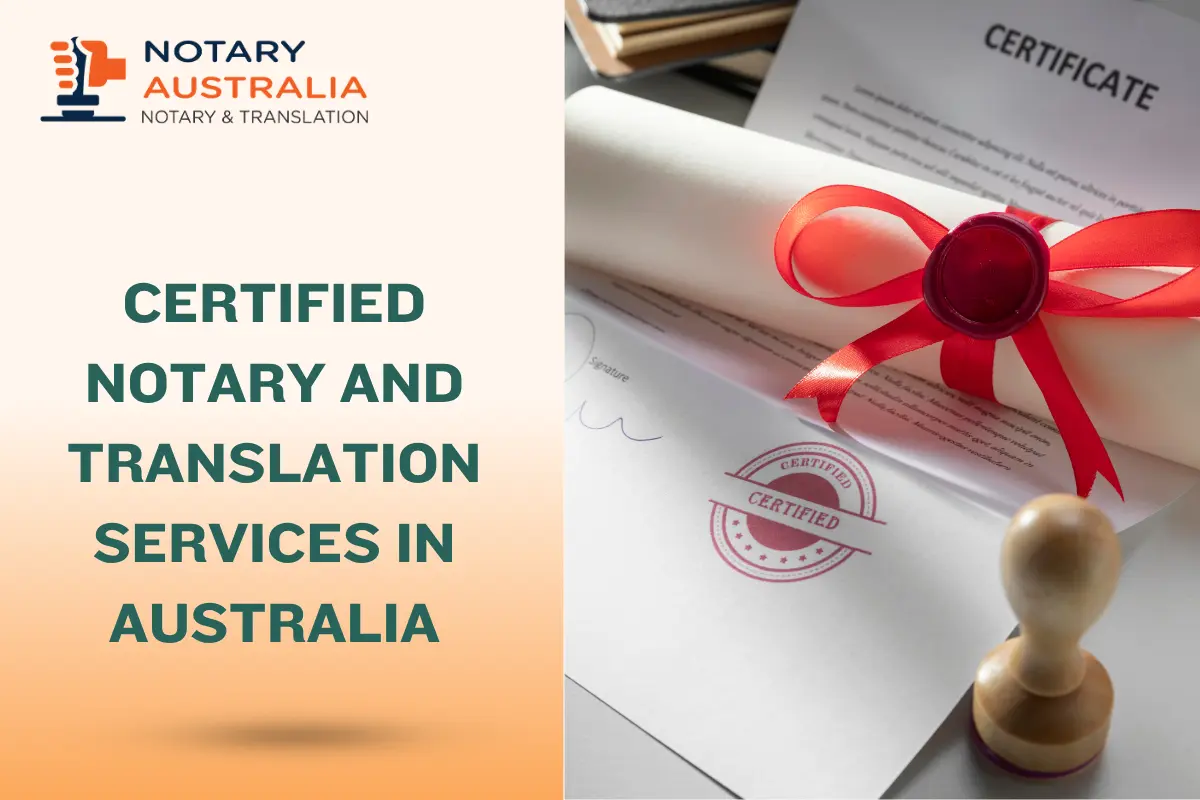
Table of Contents
In today's globalized world, official documents often need to be translated and legally recognized across borders. That's where certified notary translation comes into play. Whether you're applying for a visa, enrolling in a university abroad, or dealing with legal proceedings, understanding this service can save you time, money, and frustration.
What Is a Certified Notary Translation?
A certified notary translation is a translated document that has been both certified by a qualified translator and notarized by a notary public. This dual process ensures that the document is both linguistically accurate and legally validated.
Certification vs Notarization
- Certification: Done by a professional translator who attests that the translation is accurate and complete.
- Notarization: Performed by a notary public who verifies the identity of the translator and the authenticity of the certification process.
These documents are typically required by:
- Immigration offices
- Educational institutions
- Courts and law firms
- Government agencies
Why Legal and Government Agencies Require It
Certified notary translations are often mandatory for high-stakes processes where trust, accuracy, and legal admissibility are crucial.
Immigration Purposes
Most immigration departments (e.g., Australia’s Department of Home Affairs, USCIS in the US) require certified translations for documents such as:
- Birth certificates
- Marriage certificates
- Passports
- Police checks
Court and Legal Disputes
Courts often demand notarized translations of:
- Affidavits
- Contracts
- Power of attorney documents
- Witness statements
Academic and Professional Applications
Schools and universities abroad may ask for notarized translations of:
- Diplomas
- Transcripts
- Academic credentials
Step-by-Step Process: From Certified Translation to Notarization
- Choose a qualified translator (preferably NAATI-certified in Australia).
- Submit your document for translation.
- Receive the certified translation on official letterhead with the translator’s credentials.
- Take it to a notary public, who will verify the certification and add their notarial stamp and signature.
For added legal recognition (especially internationally), you may also request an apostille after notarization.
Common Documents That Need Certification and Notary
Here are examples of documents frequently requiring certified notary translations:
- Birth and Marriage Certificates
- Academic Transcripts and Diplomas
- Legal Contracts and Wills
- Affidavits and Statutory Declarations
- Business Licenses and MOUs
- Power of Attorney
- Driver’s License and ID Cards
- Medical Records and Insurance Documents
How to Choose a Certified Notary Translator
Credentials to Verify
- NAATI-certified (in Australia)
- ATA-certified (in the US)
- Professional experience in legal or government documentation
Language Pairs and Accuracy
Ensure the translator is fluent in both the source and target languages and understands legal terminology relevant to both cultures.
Red Flags to Avoid
- Vague guarantees
- No examples of previous work
- Missing certification ID or date
Online, Mobile, and Urgent Translation Options
Modern notary and translation services have adapted to digital needs:
Online Services
- Upload your documents securely.
- Receive digital copies of certified and notarized translations.
Mobile and Remote Notaries
- Some notaries offer on-site visits.
- Remote notarization may be available via video call, depending on jurisdiction.
Express and Same-Day Options
- 24-hour turnaround available for urgent needs.
- Additional fees may apply.
Country-Specific & International Acceptance Tips
Certified notary translations may need to be recognized internationally.
Countries That Commonly Accept Them
- United States
- Canada
- United Kingdom
- Australia
- European Union member states
Embassy and Consulate Use
Many embassies and consulates require notarized translations for visa processing, passport renewals, and birth registration.
Apostille Requirements
Some countries (under The Hague Convention) also require an apostille for the notarized translation to be legally accepted abroad.
Cost and Turnaround Expectations
The price of certified notary translations can vary depending on several factors:
| Service Type | Estimated Cost (AUD) |
|---|---|
| Simple document (1 page) | $50 – $100 |
| Legal/technical docs | $100 – $250 |
| Notary fee | $60 – $90 |
| Apostille service | $80 – $150 |
Turnaround Time
- Standard: 2–3 business days
- Express: Within 24 hours
FAQs About Certified Notary Translations
Can I notarize my own translation?
No. The translator must be an independent, certified professional, and the notarization must be performed by an authorized notary.
Are scanned copies of notarized translations valid?
Usually yes, but always check with the receiving authority.
Are certified translations and notarized translations the same?
Not quite. Certified translations verify linguistic accuracy. Notarized translations add legal credibility to that certification.
Final Thoughts
Certified notary translations play a vital role in legal, immigration, academic, and business contexts. Choosing a qualified translator and understanding the notarization process ensures your documents are legally accepted and professionally presented.
Whether you need it for court, college, or consulate — don’t take chances. Opt for a certified notary translation that gets it right the first time.

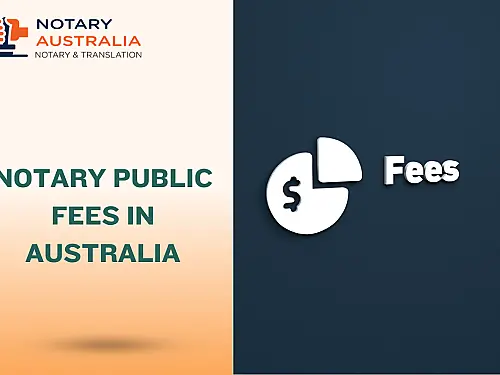

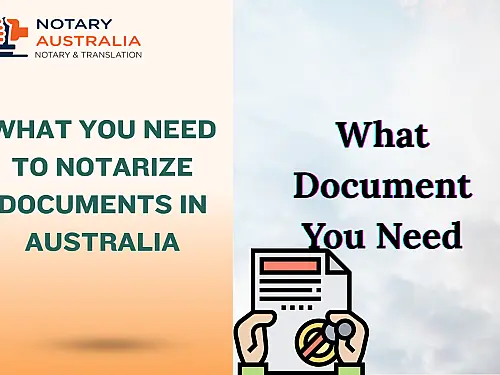
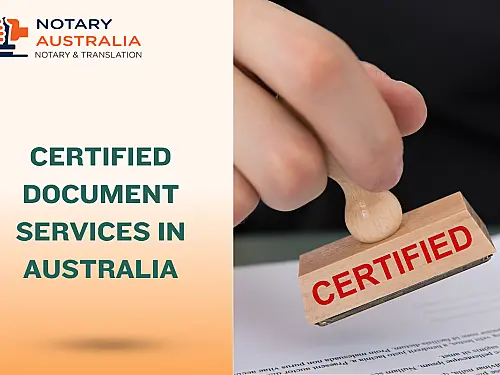
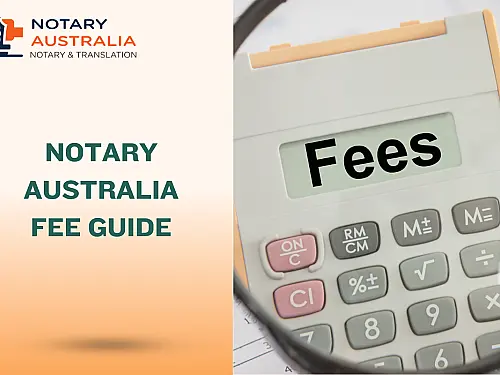

-thumb.webp)


